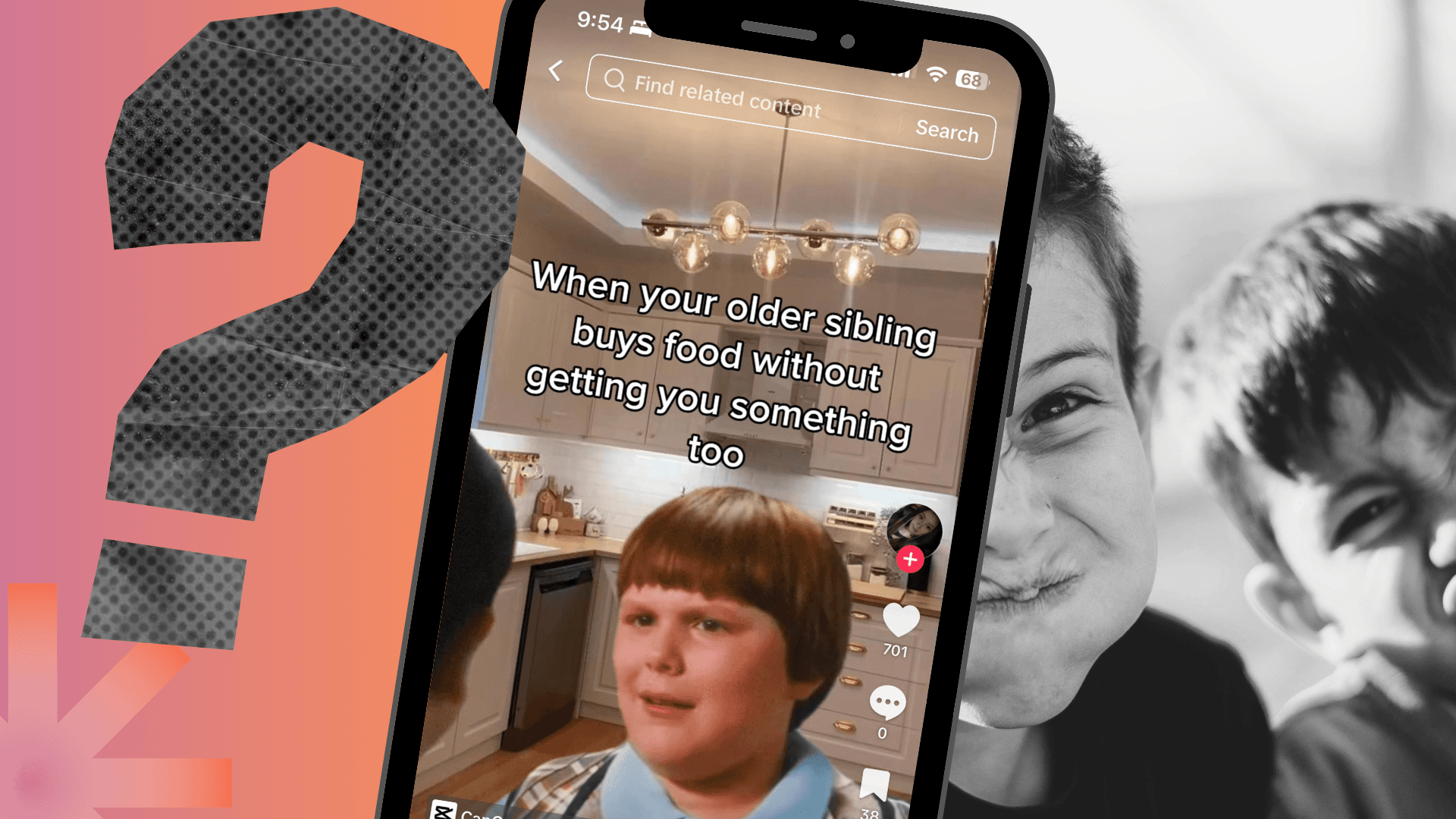Here’s the answer to this week’s reader question.
“My brother asks me for money every week. How can I get him to stop?”
—Randy
Have a question for us? Send it to TheGet@neofinancial.com.
Should you loan family money? It depends…
When you want to support someone, the first step is understanding your own capacity. That starts with self-reflection about your boundaries and what you can genuinely offer without harming yourself. If someone is asking to borrow money, ask yourself, “Do I have money available to lend?” And if you were not repaid, would you still be OK financially?
Sometimes lending money aligns with your values—maybe it helps someone get to work or stabilize their life—and in those cases you might feel good about offering that support.
Enabling is different.
If lending money leaves you unable to pay your own bills, that’s enabling. It’s a sacrifice that comes at your expense—lying awake at night worrying about whether they’ll repay you, what they’ll use the money for, or whether the relationship will fall apart if you say no. That’s lending out of obligation, not choice. And if you know someone may use money in ways that are harmful, you can provide support in a different way—like offering a grocery gift card instead of cash.
It’s absolutely OK to reflect on these things. Just do this part privately, as part of your own decision-making process.
Once you’ve decided you’re not able to lend money, you can say something like, “I wish I could help, and I’m unable to.” If this is a pattern—someone asking every week—you might say, “I can help you this week, and I need you to know that I’m not able to give money in the future.”
Using the word “and” instead of “but” matters. “But” erases the first part of the sentence. “And” allows both truths to stand together.
Then you can invite connection rather than conflict by saying, “If you feel comfortable sharing what’s going on, maybe we can brainstorm other solutions.” Many people borrow money because they’re overwhelmed and don’t see a path out. Sometimes pointing them toward practical resources—like debt consolidation or community supports—can make a real difference.
For example, I’m part of the Rotary Club, and organizations like Rotary often help people cover essentials such as rent. Many service groups are stepping up right now to support people through this economy.
—Sue Cook
Registered Social Worker and owner of FamilyTLC.ca
As told to Lisa Hannam
Lisa Hannam is an award-winning editor and journalist, and she is the Editor-in-Chief of The Get. She has previously been at the helm of celebrated Canadian publications, including MoneySense. She completed the Canadian Securities Course in 2024.
Read more from this issue of The Get:
- Is it true that closing old credit cards boosts your score?
- MVP: Oscar-nominated filmmaker and activist Julian Brave NoiseCat
- Black Friday vs Boxing Day—which sales day in Canada is better for deals?
- Are you paying too much convenience tax?
-----------------------------------------------------------------------------------
The Get is owned by Neo Financial Technologies Inc. and the content it produces is for informational purposes only. Any views and opinions expressed are those of the individual authors or The Get editorial team and do not necessarily reflect the official policy or position of Neo Financial Technologies Inc. or any of its partners or affiliates.
Nothing in this newsletter is intended to constitute professional financial, legal, or tax advice, and should not be the sole source for making any financial decisions. Past performance is not a guarantee of future results. Neo Financial Technologies Inc. does not endorse any third-party views referenced in this content. Always do your due diligence before deciding what to do with your money.
© 2025 Neo Financial Technologies Inc. All rights reserved.



